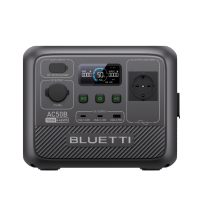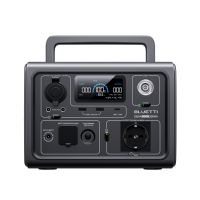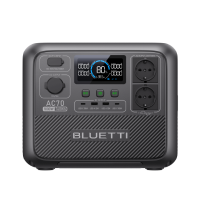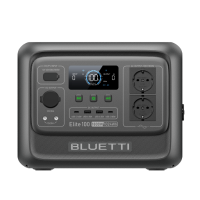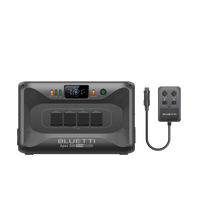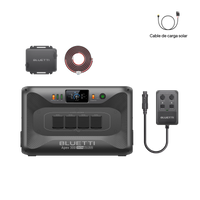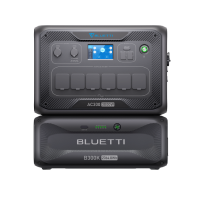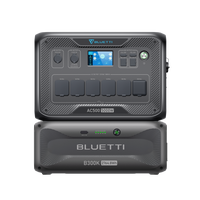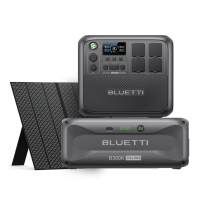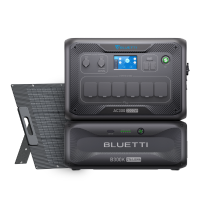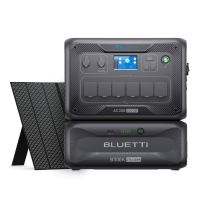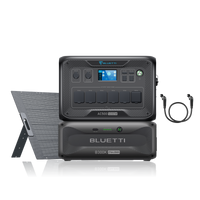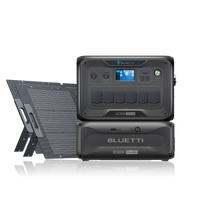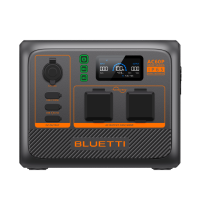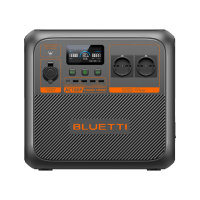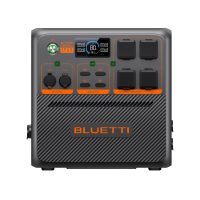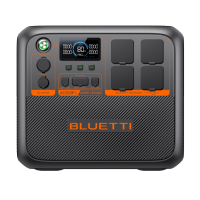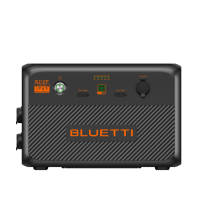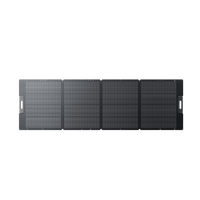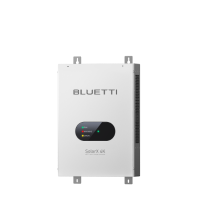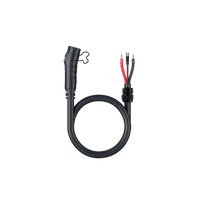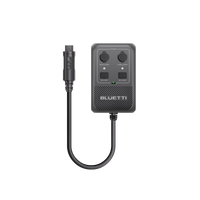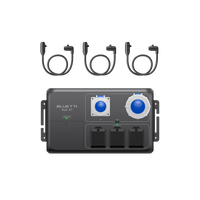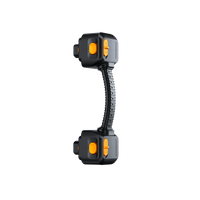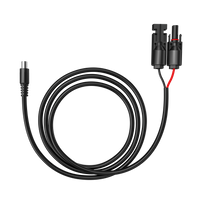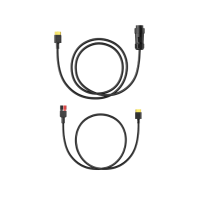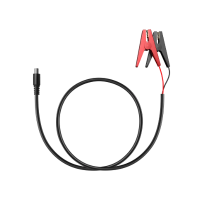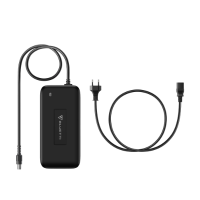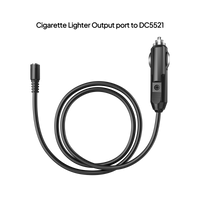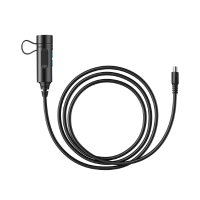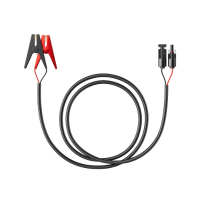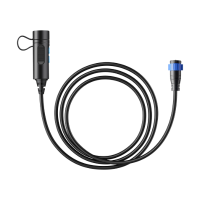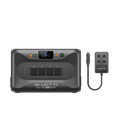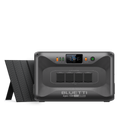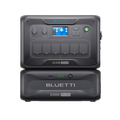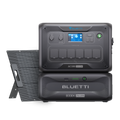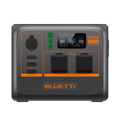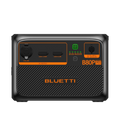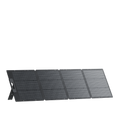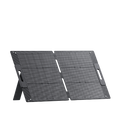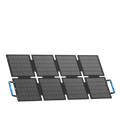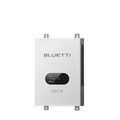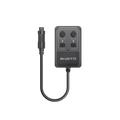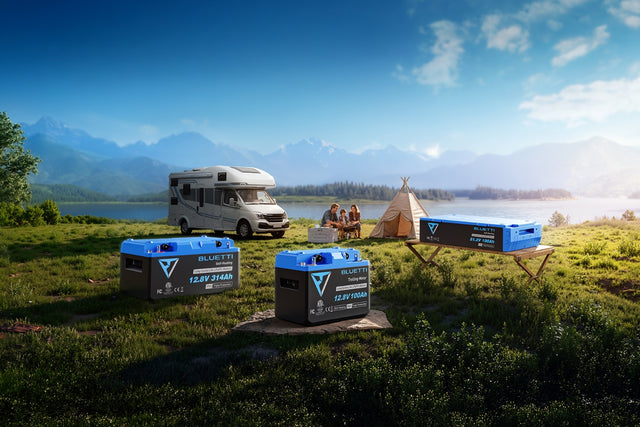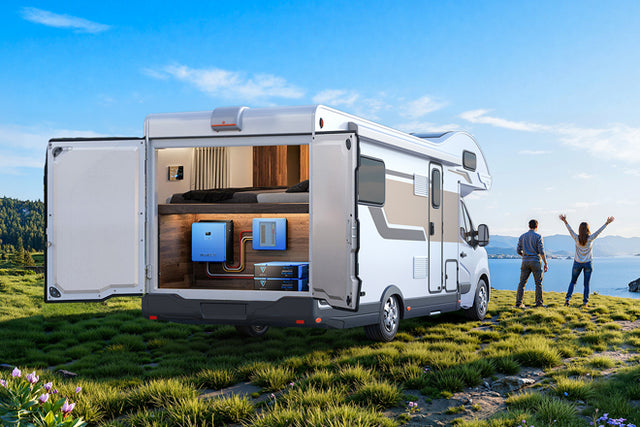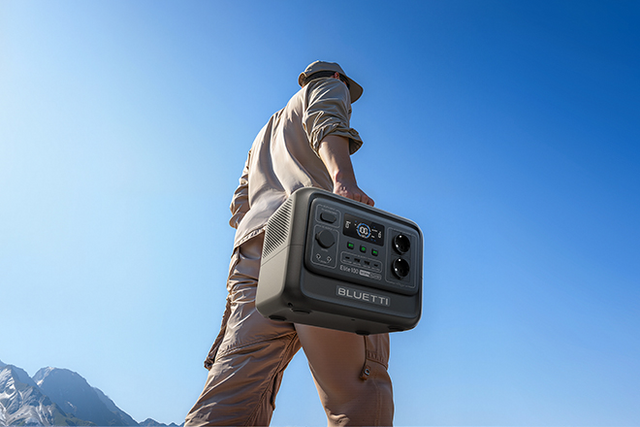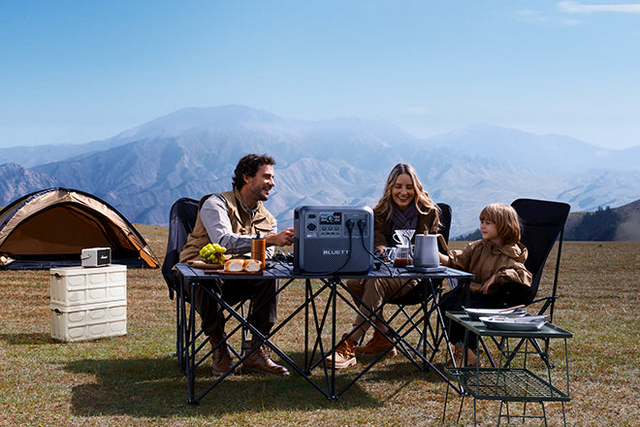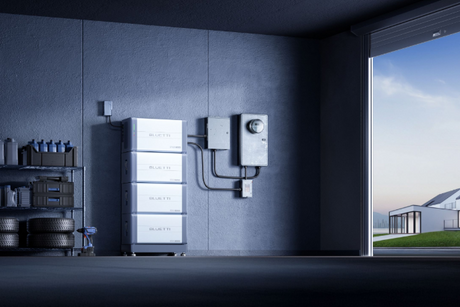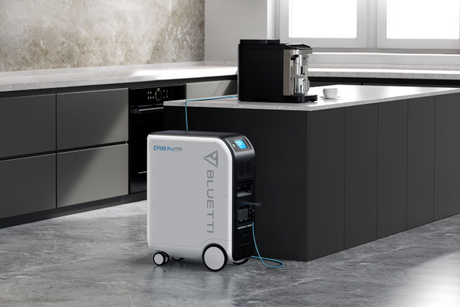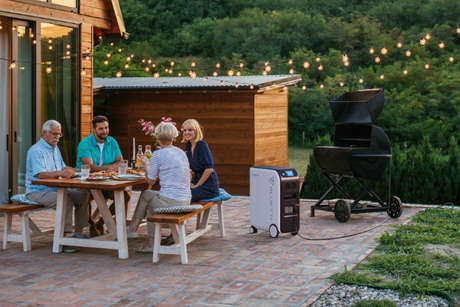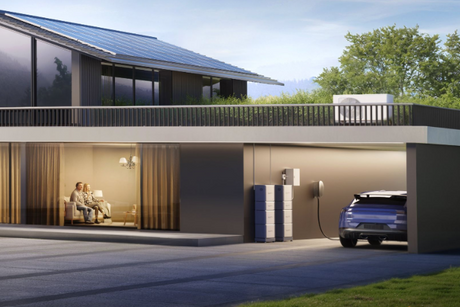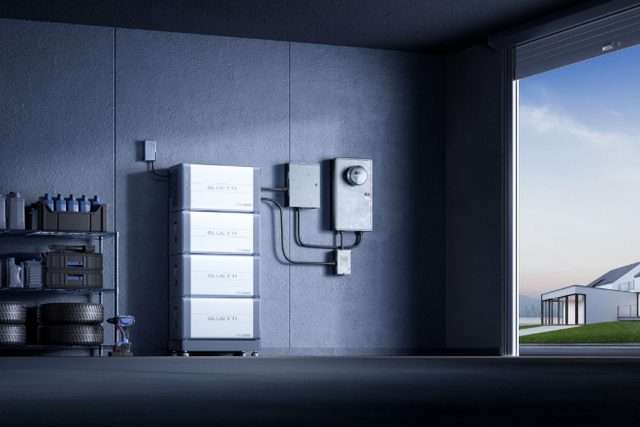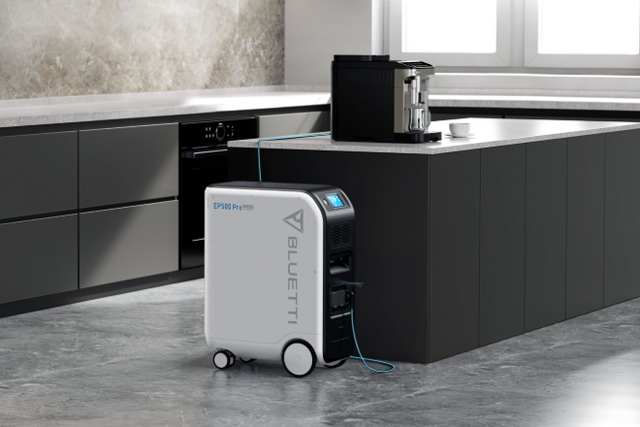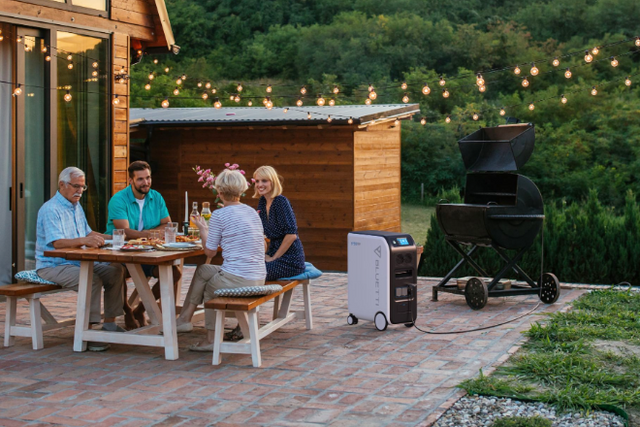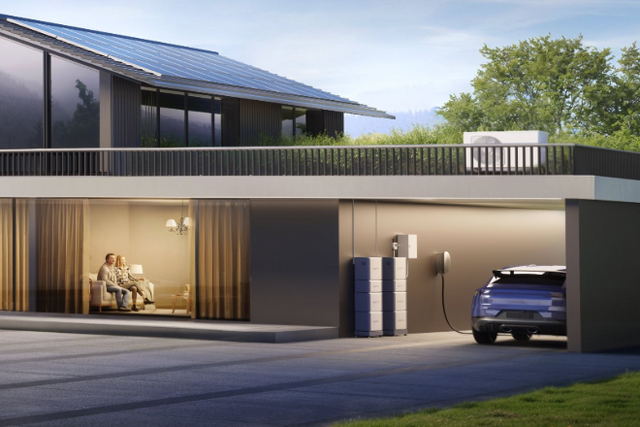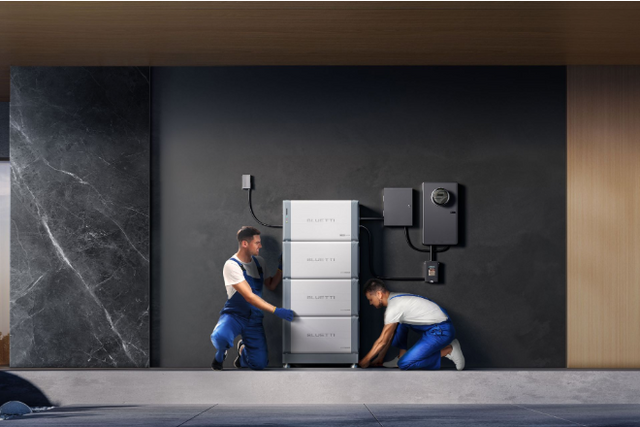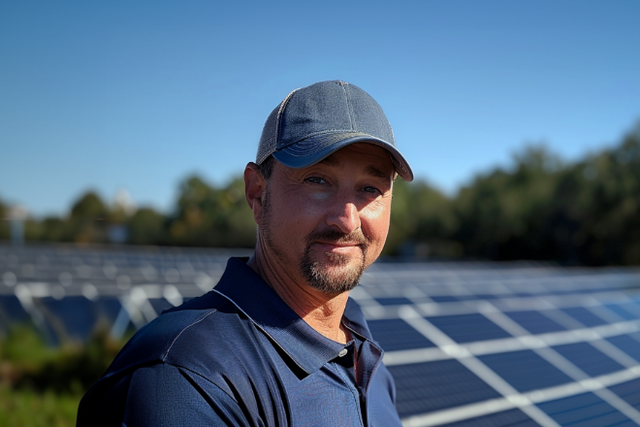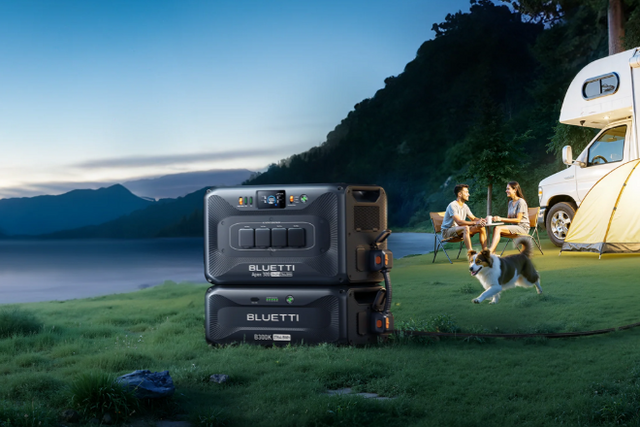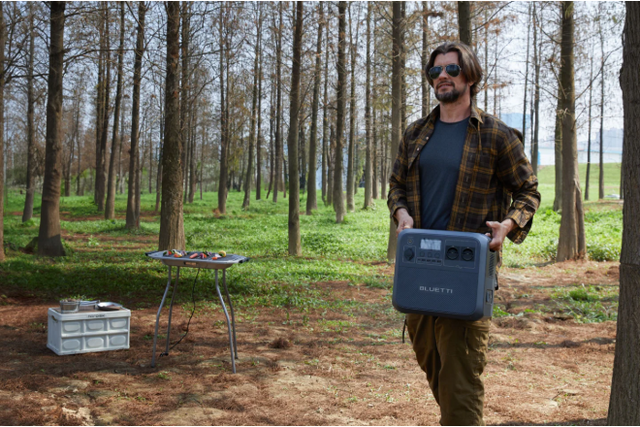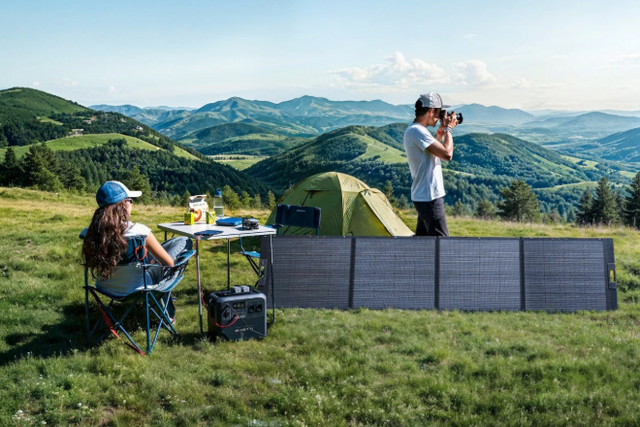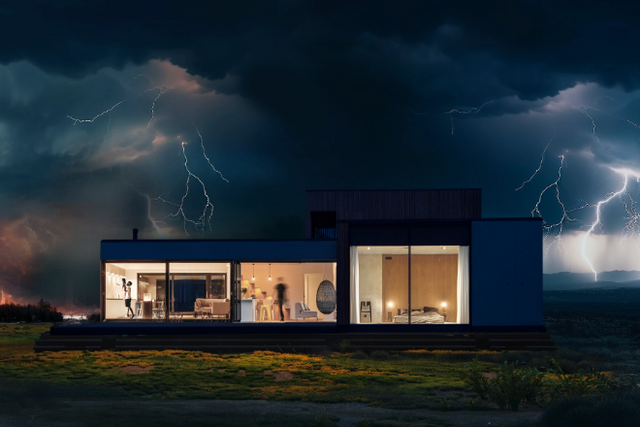Is it possible to be completely independent from the electrical grid?
For a few years now, the price of electricity in our country has been increasing. Very little by little, almost without realizing it, the bills were changing but always with an upward trend. However, so far in 2022, in Spain we are experiencing an increase in the price of electricity that is unparalleled. In fact, very quickly we have normalized in our conversations things like "Have you seen how much electricity is today?" or "What time zone is cheaper today to put the washing machine?".
The truth is that times are changing and energy from fossil fuels is reaching its most dangerous scarcity points, so we can only hope that the price, due to supply and demand, continues to rise.
A self-sufficient house independent from the electricity grid
With this scenario, which seems to be taken from an apocalyptic science fiction book, we can understand that many people, either out of necessity or out of conscience, begin to consider how to ensure that their own electricity consumption is, each time, less tied to the conventional electrical network. And without a doubt, the first thing that comes to mind are solar panels, since it is a clean and practical system that, more and more, is positioned as a viable alternative for families and private household services.
And to answer the main question of this article without further ado, yes, it is possible to be completely independent of the electrical grid. And for this we would like to show you some examples of people who have achieved it. In this way, we will also analyze how they have achieved it so that you can have a starting point and a reference in your new feat to achieve that much-desired sustainability.

Some self-sufficient houses in Spain
In Spain we have visionary projects that have been working for years to create an independent energy system. And it is that, the fact of wanting to be autonomous from the electrical network implies a lot of work and, definitely, a change in your lifestyle. For this reason, it is important to recognize all the work behind some of these projects that have managed to completely go off the grid and to assume that, it is not impossible but it implies a lot of effort.
The Asturian solar house that lives without the electricity grid
This solar house project is an engineering and architecture challenge achieved by Omar Suárez, founder of Sunthalpy. And it is precisely because the Principality of Asturias is located in one of the less sunny regions of the peninsula. In fact, 80% of the days of the year are cloudy and rainy days, much more than in cities like London, Dublin or Edinburgh that are famous for having stormy weather.

The result of this architectural feat is this incredible construction that generates zero emissions and captures little sunlight from its surroundings to meet the heating, air conditioning, hot water and lighting needs of the family. And this is thanks to thermal and hybrid super sensitive panels with a performance of more than 60% even on cloudy days.
Miguel Torres has had an autonomous energy house for more than 6 years
Miguel Torres is a man from Malaga who has been totally independent from the electricity grid for more than 6 years thanks to his photovoltaic installation with 4.2 kilowatt solar panels and batteries with which he manages to accumulate energy several days. This installation was carried out in mid-2014, so the efficiency of the plates was not as high as the plates that can be found today. Still, he's managed to save about 6. €000 per year on your bill. As advice, Miguel recommends us to ask for advice before making the decision to make an installation at home and keep in mind that the initial investments are always very high, but we must know our return plan to see if it really is a project, in economic terms, profitable.
Aras de Olmos, a Valencian town on the way to becoming independent from the electricity grid
The most recent ecological solar initiative comes from a privileged mountain town located in the Valencian Community. When we say that it is privileged, it is because of all the wind, hydraulic, solar and biofuel potential that there is in Aras de Olmos. And it is that until now, they were the great forgotten of the electrical network, due to the tortuous access to that town which meant that, in the event of breakdowns, it took several days to repair the damage, leaving the entire town without electricity .
So, fed up with this situation, the town has decided to work with Carlos Roldán, the engineer who is technically developing the project, who plans, among other actions, to take advantage of the unused land to install a plant photovoltaic.

Frequently asked questions about how to have a self-sufficient house and be independent of the electricity grid
As you can see, it is possible to be totally independent from the electricity grid by getting an ecological solar house, for example. And the truth is that to achieve this, there is no simple 4-step formula or a simple check list. As Miguel Torres said (the second example) one of the most important steps is to ask for advice. And it is that achieving energy independence depends on the type of family, the type of consumption, the location in which your house is located and an endless number of variables that can cause your electrical needs to vary.
For this reason, since we cannot give a simple answer for all cases, we do want to answer two of the most frequently asked questions on this topic.
How many solar panels do I need to be self-sufficient?
In general terms, a single-family house can consume around 600 and 1. 000 kWh. Taking this into account, we can say that a family needs about 4 solar panels that generate a power of 300W or 500W.
If you want to customize this calculation, you will have to take into account: how much energy you consume in your home by looking at the electricity bill, the hours of sunshine that your panels may have, the space you have available to install the panels and the power that can reach the plates.
What happens if the power goes out with solar panels?
Another very frequent question regarding solar panel installations is: Why do we run out of light (from solar energy) when there is a general power outage from the network. And it is, for this reason, that it is usually advised that with an installation of solar panels, the idea of also acquiring batteries to store energy is considered.
And it is that, if in your house you have solar panels, which are connected to the usual electrical network and, in addition, we do not have storage batteries; what happens when there is a blackout, is that we run out of energy.
When we take advantage of the electrical grid to manage our solar energy at home, it is blocked when there is a problem in the conventional energy distribution. This happens so that solar energy does not continue to flow and be wasted.
Therefore, this problem would be solved with energy storage batteries that supply us with power even when there is a blackout.
Shop products from this article
You May Also Like

¿Qué son las placas solares verticales?
Averigua todo sobre las placas solares verticales para espacios reducidos y climas extremos, capturando energía solar con eficiencia en paredes y fachadas.

Las ventanas solares: una innovadora solución para obtener energía verde
Descubre las ventanas solares, que combina la funcionalidad de las ventanas tradicionales con la capacidad de generar electricidad. Descubre cómo funcionan, sus ventajas y desventajas, y en qué casos son...

El ventilador con placa solar: un imprescindible en los hogares Eco-amigables
Refresca tu hogar de manera eco-amigable | Descubre cómo funciona un ventilador solar, una opción para hogares sostenibles durante el verano.



